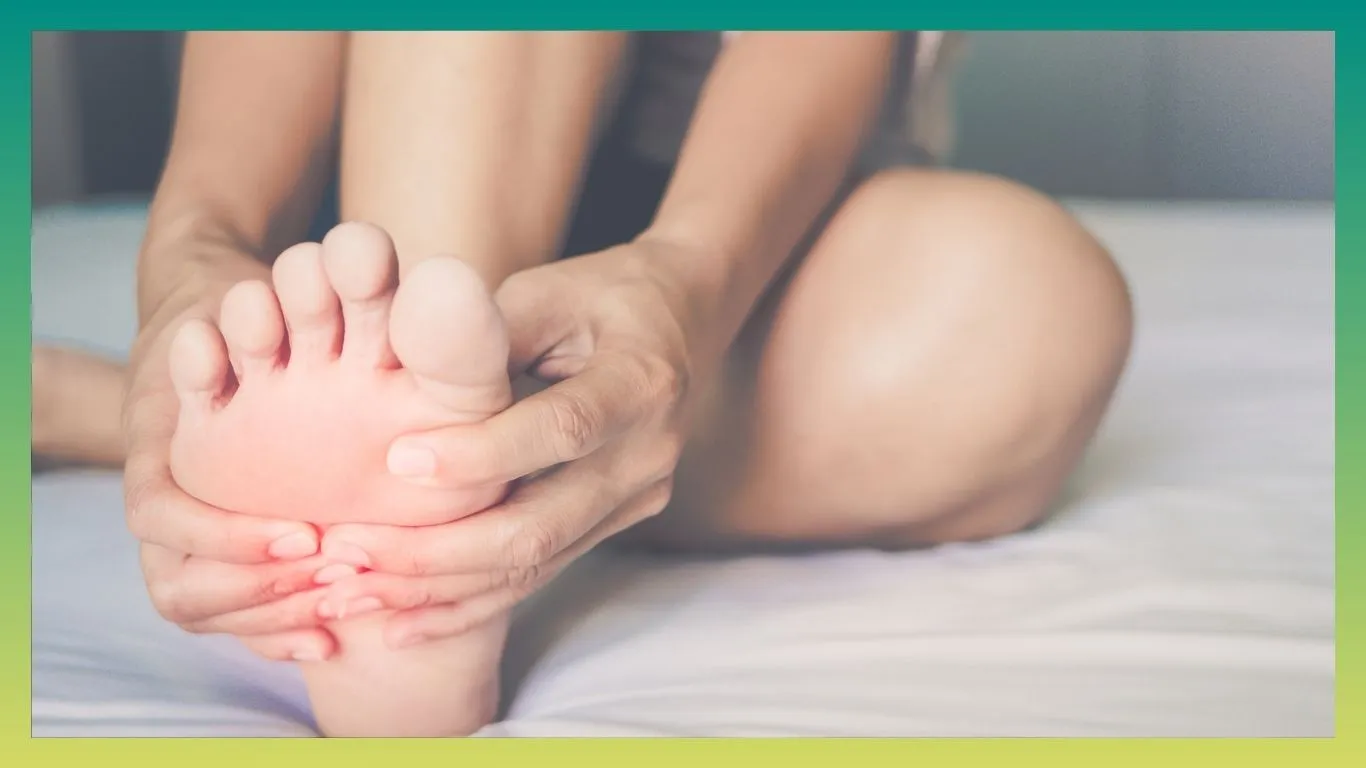Refreshing Your Joints: Effective Methods For Hydration
Learn the essential techniques and practices for effectively hydrating your joints to maintain flexibility and reduce discomfort.

Disclaimer: This article has been generated with the assistance of AI tools. While our research team has fact-checked the content, readers should independently verify information for accuracy and reliability.
Keeping your joints healthy is important for a pain-free and active life. However, conditions like arthritis, joint injuries, and aging can make it harder to maintain healthy and lubricated joints. Dehydration can also contribute to joint pain and stiffness. Staying hydrated is crucial for maintaining the right amount of synovial fluid, which lubricates the joints and reduces friction. So, how to hydrate your joints?
Poor joint hydration can lead to a whole host of problems, including joint stiffness, reduced mobility, and even accelerated cartilage breakdown. Fortunately, there are some simple steps you can take to help hydrate your joints and support their overall health. Let’s dive in.
The Importance of Joint Hydration

Your joints are essentially complex hinges that allow for movement between bones. At the points where these bones meet, there is a slippery, gel-like substance called synovial fluid that acts as a lubricant. When your joints are properly hydrated, this synovial fluid is plentiful and can effectively do its job. However various factors like aging, injury, and certain health conditions can lead to reduced joint hydration and fluid production.
This can cause the joints to become stiff, painful, and more prone to damage over time. That’s why maintaining adequate joint hydration is so crucial for preserving joint health and mobility as you get older.
How to Hydrate Your Joints? What Can You Do?
So what can you do to keep your joints well-hydrated? Here are some tips:
- Stay hydrated overall one of the simplest ways to support joint hydration is to make sure you’re drinking enough water throughout the day. Your body needs plenty of water to produce and maintain healthy synovial fluid.
- Drink at least 8 cups (64 oz) of water per day, and more if you’re physically active or live in a hot climate. Staying well-hydrated systemically can help ensure your joints have the fluids they need.
- Eat Water-Rich Foods In addition to drinking water, you can also get hydration through the foods you eat. Things like fruits, vegetables, soups, and smoothies contain a high water content that can contribute to overall hydration.
- Some especially hydrating options include watermelon, cucumbers, tomatoes, and leafy greens. Incorporating these types of water-rich foods into your diet can provide an extra boost of hydration for your joints.
- Supplementing with a high-quality collagen product may help support joint hydration by stimulating the production of synovial fluid. Look for collagen supplements derived from grass-fed, pasture-raised sources. Supplements like Joint Genesis are also a good option to maintain your joint health.
- Regular physical activity is not only good for your overall health, but it can also promote joint hydration. Movement helps circulate and replenish the synovial fluid in your joints.
- Aim for a mix of low-impact exercises like walking, swimming, and cycling. These activities gently “pump” the joints without putting too much stress on them. Just be sure to listen to your body and avoid any movements that cause pain.
- Reduce Inflammation: According to Harvard Medical School, chronic inflammation can wreak havoc on your joints, disrupting normal fluid production and leading to dehydration. Finding ways to tame inflammation can go a long way in keeping your joints well-lubricated.
- Focus on anti-inflammatory lifestyle factors like eating a nutrient-dense diet, managing stress, and getting enough sleep. You can also try natural anti-inflammatory supplements like turmeric, omega-3s, or Boswellia.
The Bottom Line
Keeping your joints properly hydrated is essential for maintaining mobility, flexibility, and overall joint health – especially as you get older. By focusing on systemic hydration, joint-nourishing foods, targeted supplements, regular movement, and inflammation control, you can help ensure your joints stay well-lubricated and functioning at their best.
It’s important to note that joint dehydration can be a complex issue, particularly for those dealing with arthritis or other chronic joint conditions. If you’re experiencing persistent joint stiffness, pain, or reduced mobility, it’s always a good idea to consult your doctor. They can help identify the root causes and develop a comprehensive treatment plan.
With the right holistic approach, you can take proactive steps to keep your joints happy, healthy, and well-hydrated for years to come. Don’t let joint discomfort slow you down – give your joints the TLC they need to maintain an active, fulfilling lifestyle.
Alex Milan
Alex Milan is a licensed osteopath and acupuncturist based in United States. He graduated from the British School of Osteopathy in 2017, where he received extensive training in osteopathic techniques for treating musculoskeletal conditions. Alex is passionate about providing patients with holistic, drug-free pain relief and enabling people to live active, healthy lives. He utilizes osteopathic manipulative techniques along with acupuncture and lifestyle advice to address the root causes of pain and dysfunction in the body. With expertise in areas including sports injuries, back and neck pain, headaches, and repetitive strain injuries, Alex has helped numerous patients find relief from pain and return to their regular activities.
